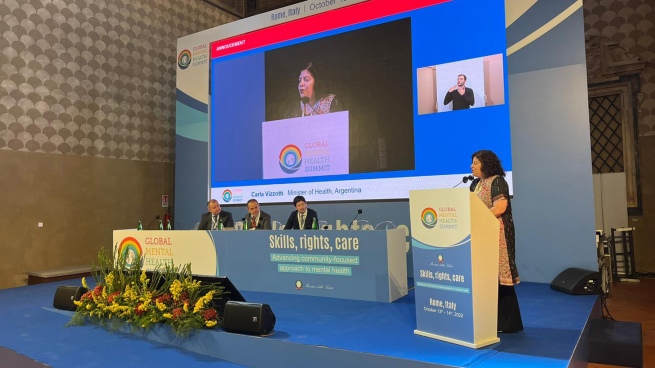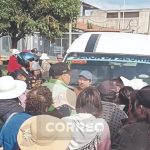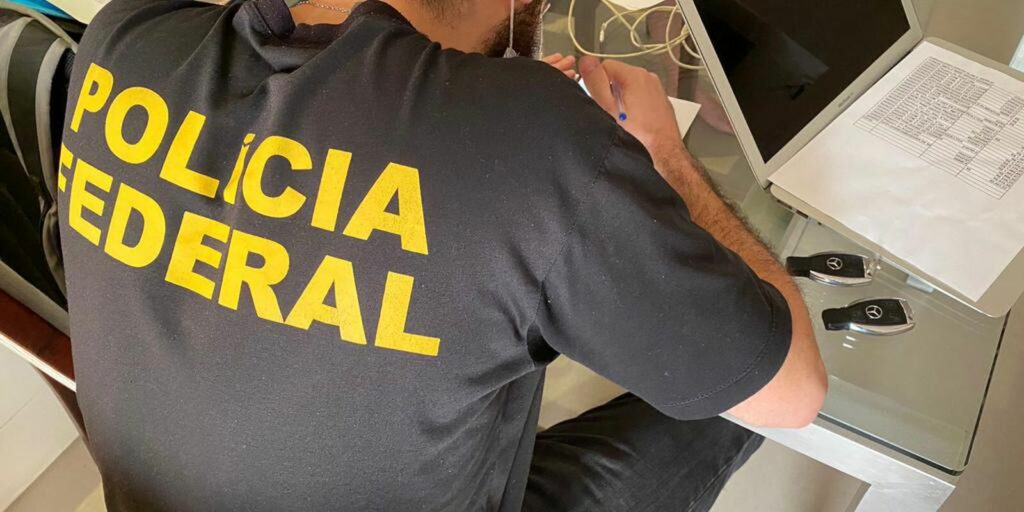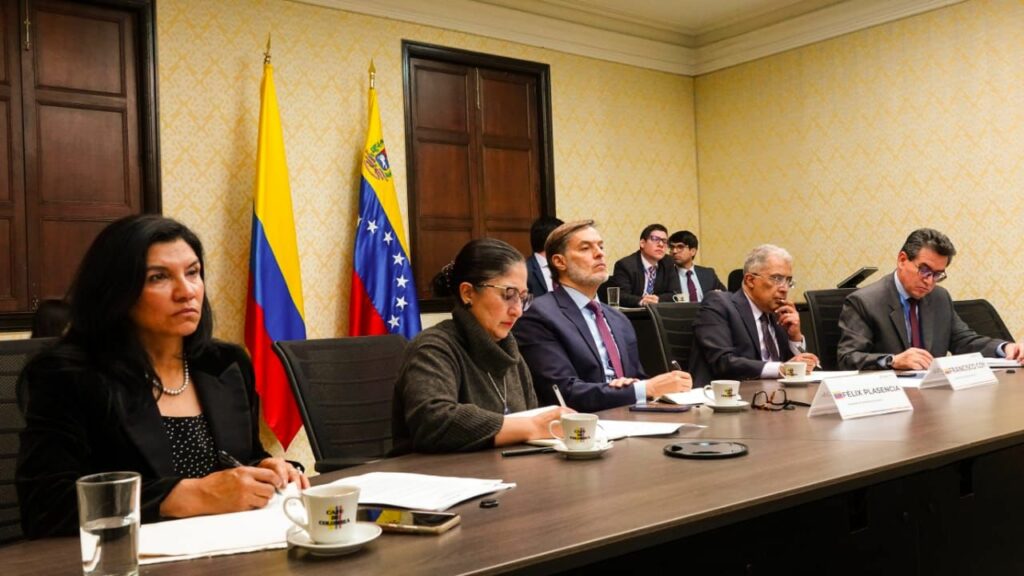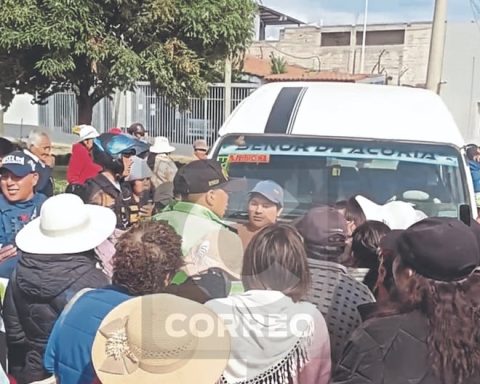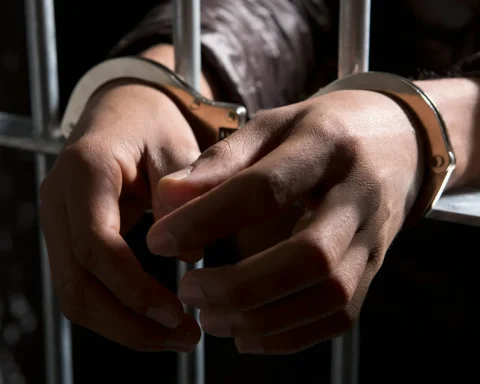The Argentina will host the V World Summit on Mental Healthto be held next year, a decision that was celebrated by the national government for constituting a recognition of the country’s commitment to this matter.
“Mental health care is a priority of our Government. We receive this recognition as an opportunity to renew and deepen our commitment,” said the president this Friday morning Alberto Fernandez through the social network Twitter.
Mental Health care is a priority of our government. We receive this recognition as an opportunity to renew and deepen our commitment. https://t.co/NAG3JgBoRb
– Alberto Fernández (@alferdez) October 14, 2022
This was stated after the Minister of Health, Carla Vizzettiannounced this Friday morning that Argentina had been chosen to host the V World Summit on Mental Health in 2023, which he considered a “great opportunity” not only for the country “but also for Latin America.”
“As a sign of Argentina’s commitment and at the express request of the President, it is an honor and a pride for me and for my country to announce that Argentina will host the V World Summit on Mental Health in 2023, which will be held in the Autonomous City of Buenos Aires. This is an important opportunity not only for Argentina, but also for Latin America”, said the minister, speaking at the closing of the fourth edition of the Global Mental Health Summit that took place yesterday and today in the city of Rome, with the participation of political leaders, experts and references from civil society to discuss mental health and well-being in an inclusive manner.
Developed in collaboration with the World Health Organization (WHO), the Mental Health Summit was held for the first time in 2018 in London, with the aim of “strengthening global action by governments, international organizations and civil society to address key issues related to mental health care.
As a sign of the commitment of Argentina and the President @alferdezIt is an honor and pride for our country and for me to announce that Argentina will host the V World Summit on Mental Health in 2023.
Great opportunity, not only for Argentina but also for Latin America. pic.twitter.com/p2xJI9tr07
– Carla Vizzotti (@carlavizzotti) October 14, 2022
The following editions were held in Amsterdam (2019) and Paris (2021), so next year Argentina will become the first venue for this international meeting outside the European continent.
During his speech, Vizzotti stressed that “Our president, Alberto Fernández, has defined mental health and problematic consumption as a priority issue in public health, with the conviction that there is no health without mental health and that there is no mental health without social justice, without a perspective of human and gender rights.
The official recalled that the head of state led the launch of the Federal Strategy for the Comprehensive Approach to Mental Health and Substance Use, with a human rights perspective and respect for gender and diversity, and stressed that “it is a challenge which implies cross-cutting, intersectoral and community work and an increase in the budget”.
In addition, the Minister of Health specified that Argentina “initiated work that strengthened the coordination of support mechanisms in mental and psychosocial health emergencies, promoted the training, updating and design of protocols, in addition to specific care plans for health personnel. primary health care”.
Among these measures, he also mentioned the incorporation for the first time of medicines for mental health care in the medicine cabinets of the Remediar program so that they are accessible in Primary Health Care Centers, as reported through a press release.
For his part, the Italian Minister of Health, Roberto Speranza, welcomed the announcement “to continue with the spirit of continuity and consistency in the global work on mental health.”
Argentina was chosen to host the V World Summit on Mental Health in recognition of its management during the pandemic and the plans underway. Mental Health is a priority for our government policies. https://t.co/Vw4u8krAGx
– Gabriela Cerruti (@gabicerru) October 14, 2022
For her part, the spokeswoman for the Presidency, Gabriela Cerruti, also celebrated the news and maintained that it is a “recognition of the handling during the pandemic and the plans underway” in this matter.
“Mental Health is a priority for our government policies,” Cerruti stressed through the social network Twitter.
The Summit in Rome
Vizzotti participated Thursday and Friday in the IV World Summit on Mental Health and, during his stay in the Italian capital, he also held meetings with Omar AbdiDeputy Executive Director of Unicef, and the Minister of Mental Health and Addictions of Canada, Carolyn Ann Bennett.
Also traveling to Rome was the executive director of the National Agency for Disability, Fernando Galarragawho developed a parallel agenda.
During this Friday, the official was received by the councilor for Social Policies and Health of the Commune of Rome, Barbara Funari, and also by the architect Innocenzo Fenici, general secretary of the National Federation of Institutions for the Blind.
He then conducted a survey of the accessible historical circuit of the Roman Colosseum, accompanied by Patricia Ocampo, adviser on cultural accessibility and Disability Manager of the Institute for the Blind in Milan, and will conclude his trip with a meeting at the Vatican Museum, together with Isabella Salandri, director of the Didactic Area of the Museum and Referent of Accessibility, and Deborah Tramentozzi, Typhlological consultant.
Last Wednesday, the executive director of Andis was received at the Vatican by Pope Francis, with whom he had a meeting within the framework of the audiences offered by the Supreme Pontiff. In this framework, Galarraga spoke with the Holy Father about the process that Argentina is going through to have a new disability law that allows progress in the effective inclusion of this group in all spheres of life in society, and also thanked him for his permanent messages, according to official sources.
